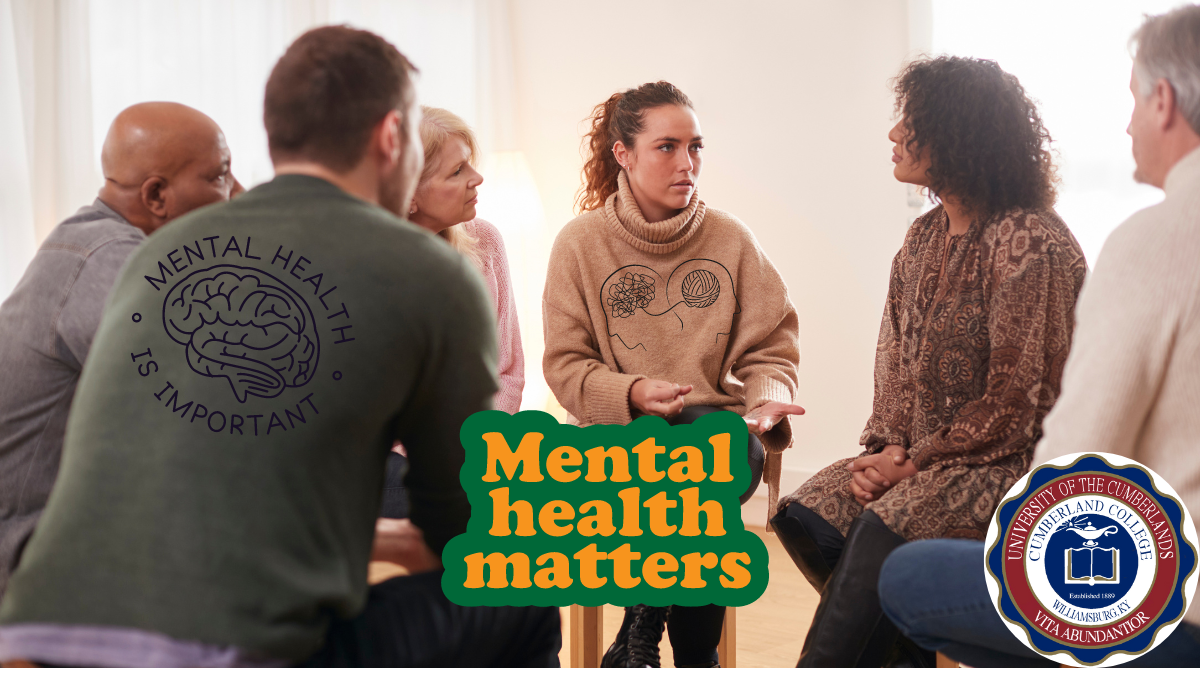Introduction
Mental health is a critical aspect of overall well-being, and seeking professional support can make a significant difference in one’s life. At the University of the Cumberlands, the Mental Health Counseling program provides comprehensive services to individuals seeking guidance, support, and empowerment on their journey to mental wellness. In this article, we delve into the various aspects of the university’s mental health counseling program, its benefits, and how it contributes to individual and community well-being.
Understanding Mental Health Counseling
What is Mental Health Counseling?
Mental health counseling is a professional service that helps individuals address emotional, psychological, and behavioral challenges to improve their overall well-being. Counselors provide support, guidance, and therapeutic interventions to help clients develop coping strategies and achieve personal growth.
Importance of Mental Health Counseling
Mental health counseling plays a crucial role in promoting mental wellness, reducing stigma, and improving access to care for individuals facing mental health challenges. It provides a safe and supportive environment for individuals to explore their thoughts, feelings, and experiences.
Goals of Mental Health Counseling
The primary goals of mental health counseling include enhancing self-awareness, improving coping skills, fostering resilience, and promoting personal growth and development. Counselors work collaboratively with clients to identify goals and develop strategies for achieving them.
Navigating Auto Insurance Quotes in Idaho: A Comprehensive Guide
Services Offered
Individual Counseling
Individual counseling sessions provide clients with personalized support tailored to their unique needs and circumstances. Counselors use various therapeutic approaches to help clients explore and address issues such as anxiety, depression, trauma, and relationship problems.
Group Counseling
Group counseling offers clients the opportunity to connect with others facing similar challenges in a supportive group setting. Group sessions provide a sense of belonging, validation, and mutual support as participants share their experiences and learn from one another.
Crisis Intervention
In times of crisis or acute distress, mental health counselors provide immediate support and intervention to help individuals stabilize and cope with overwhelming emotions. Crisis intervention services may include risk assessment, safety planning, and referrals to appropriate resources.
Psychoeducation
Psychoeducational workshops and seminars cover a range of topics related to mental health and wellness, providing participants with valuable information, tools, and resources to enhance their understanding and coping skills.
Benefits of Mental Health Counseling
Improved Emotional Well-being
Mental health counseling helps individuals gain insight into their thoughts, emotions, and behaviors, leading to improved emotional regulation and resilience.
Enhanced Interpersonal Relationships
By addressing underlying issues and improving communication skills, mental health counseling can strengthen relationships with family members, friends, and colleagues.
Increased Self-awareness and Self-esteem
Through self-exploration and reflection, clients gain a deeper understanding of themselves and their values, leading to increased self-confidence and self-esteem.
Effective Coping Strategies
Counselors teach clients practical coping strategies and stress management techniques to navigate life’s challenges and build resilience.
FAQs (Frequently Asked Questions)
What should I expect during a counseling session?
During a counseling session, you can expect to discuss your concerns, goals, and experiences in a safe and confidential environment. Your counselor will listen attentively, provide support and guidance, and work collaboratively with you to address your needs.
How long does counseling typically last?
The duration of counseling varies depending on the individual’s needs and goals. Some clients may benefit from short-term counseling to address specific issues, while others may engage in long-term therapy to explore deeper issues and promote lasting change.
Is counseling confidential?
Yes, counseling sessions are confidential, meaning that the information shared between you and your counselor is protected by law and will not be disclosed to anyone without your consent, except in specific circumstances such as imminent risk of harm to yourself or others.
How do I schedule a counseling appointment?
To schedule a counseling appointment, contact the University of the Cumberlands Counseling Center or visit their website for more information. Appointments are typically scheduled based on availability and the urgency of your needs.
Are counseling services available to all students?
Yes, counseling services are available to all students enrolled at the University of the Cumberlands. Whether you’re an undergraduate or graduate student, counseling services are accessible to support your mental health and well-being.
What if I’m unsure about seeking counseling?
It’s common to feel hesitant or unsure about seeking counseling, but reaching out for support is a courageous step toward self-care and personal growth. Counselors are here to provide nonjudgmental support and guidance as you navigate your concerns.
Conclusion
The University of the Cumberlands Mental Health Counseling program is dedicated to empowering individuals to overcome challenges, achieve mental wellness, and thrive in all aspects of life. Through personalized support, evidence-based interventions, and a commitment to holistic well-being, the counseling program contributes to the overall health and success of individuals and the community.
